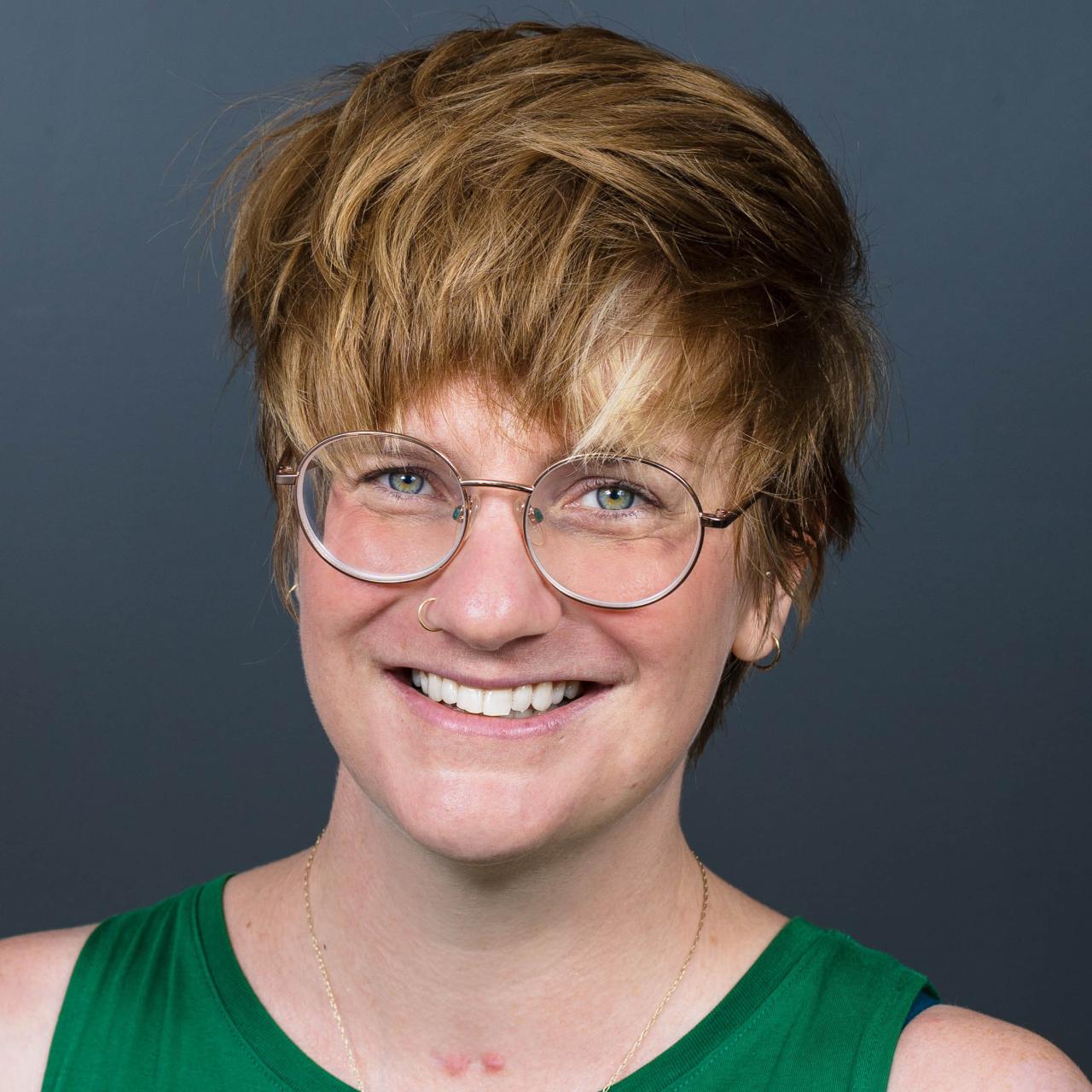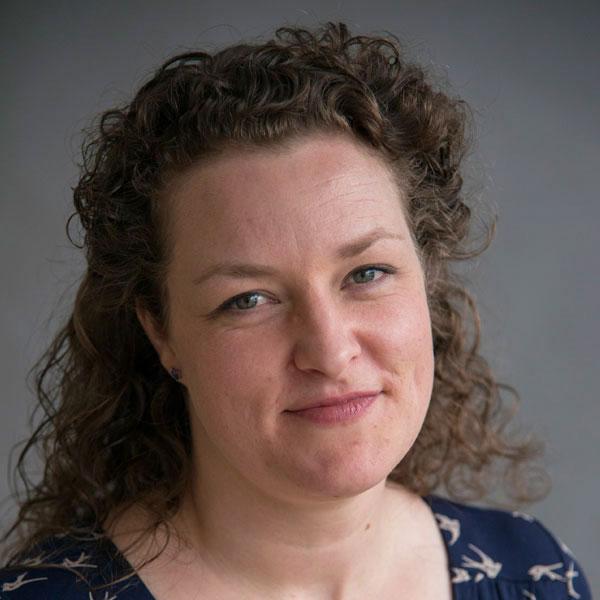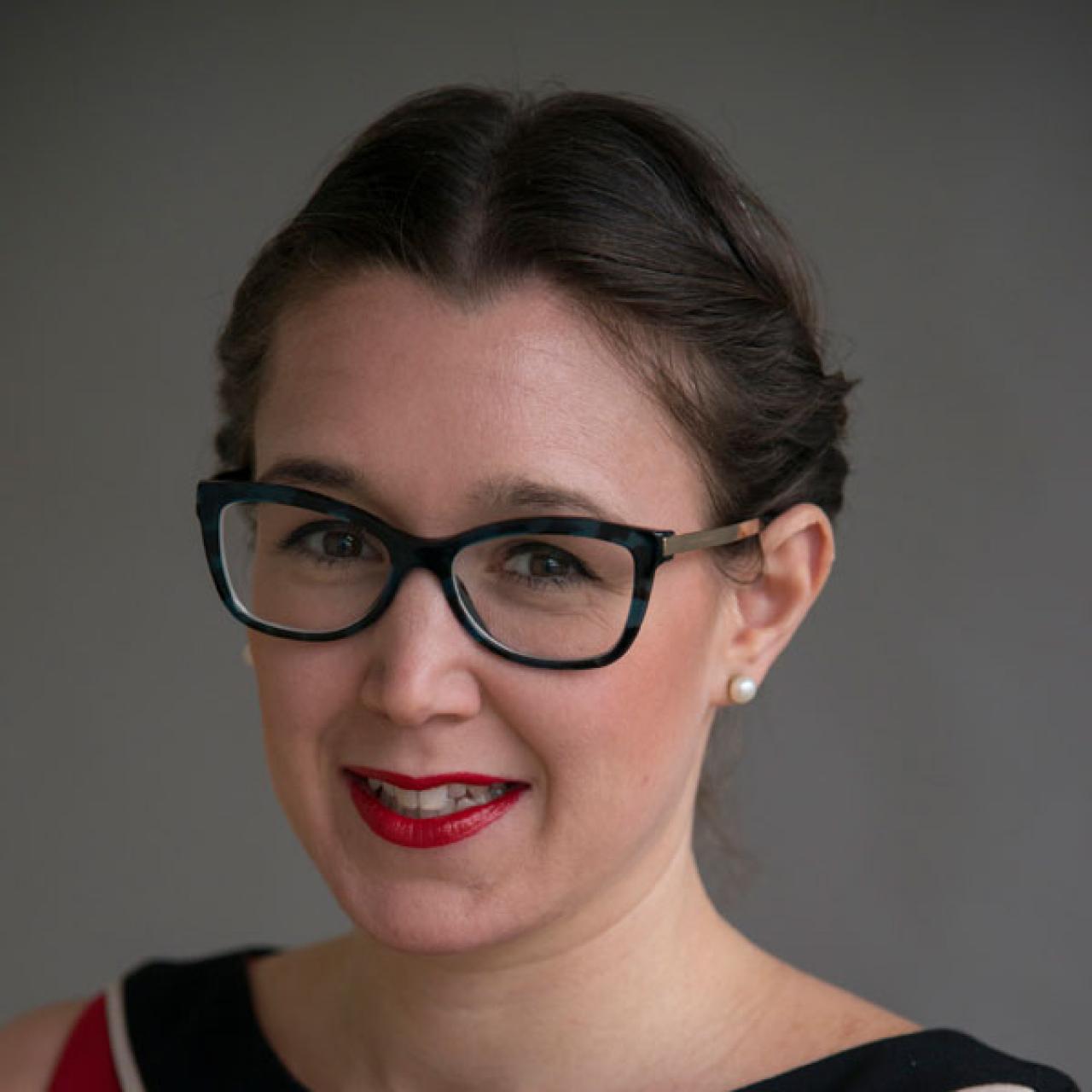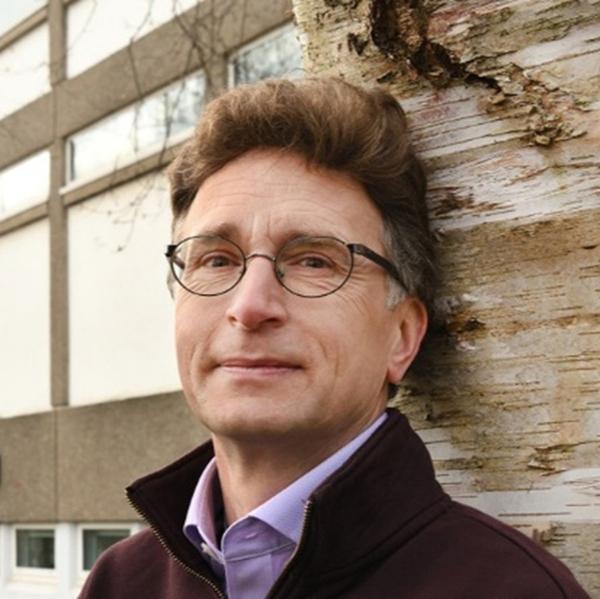We’re pleased to be welcoming Prof Andrew J. Millar to the Earlham Institute for the 2025 Dame Janet Thornton Lecture.
So your research area Arrives, how could that change your priorities for mid-century?
Researchers deeply consider which research directions to start, less so which to stop.
I’ll introduce ‘Arrival’ as an opportunity for research communities to reconsider, illustrated by research on the 24-hour biological clock.
My earlier work helped to make this circadian clock a tractable system to study, where chronobiologists are now linking molecular regulation the lab to the field (Millar, Annu. Rev. Plant Biol., 2016; Nature Plants 2018). The clock system includes several crop domestication genes. A 2017 Nobel prize was awarded for the clock mechanism in animals, one indication that the field Arrived.
Thanks to shared models and data that we curated from across the literature, my group built mechanistic, mathematical models of the plant clock gene circuit and its outputs including metabolism and flowering, finally linking them in a Framework Model for Arabidopsis growth (Chew, Seaton et al. In silico Plants, 2022). We then moved beyond this genotype-phenotype level to absolute clock RNA and protein levels (copy numbers per cell; Urquiza et al. Mol.Syst.Biol. 2025).
This seemingly technical change of modelling units is transformative, because future models could take genome sequence as an input.
This looks like Arrival, despite many unknowns remaining. I’ll discuss the opportunities for plant science, given the progress that we observe in data sharing (Deeb et al. PLoSone 2025), engineering methods and community organisation. Given the 21st century’s scientific challenges and challenges to science, I’ll also discuss the opportunities for individual scientists.
Prof Andrew J. Millar
Andrew grew up in Luxembourg, studied Genetics at Cambridge and began working on biological clocks during his Ph.D. at The Rockefeller University, New York. At the University of Warwick, he built mathematical models of the clock gene network, moving into Systems and Synthetic Biology.
In Edinburgh, he founded the research centre that is now the Centre for Engineering Biology and the research community organisation BioClocks UK. He now leads the BioRDM team, supporting Research Data Management. He was elected to EMBO membership, and Fellowship of the Royal Society and Royal Society of Edinburgh in 2011-2013, resigning his FRS in 2025.
He previously served on BBSRC Council and as Chief Scientific Adviser for Environment, Natural Resources and Agriculture to Scottish Government. He is certified as a professional tree inspector.
Dame Janet Thornton
Professor Dame Janet Thornton is a leading figure in structural bioinformatics. She was the Director of EMBL’s European Bioinformatics Institute (EMBL-EBI) between 2001 and 2015, and Chair of the Earlham Institute’s Board of Trustees from 2017 until 2022.
The Dame Janet Thornton Annual Lecture recognises Prof Thornton’s distinguished career, and her significant contribution to broadening the scope of traditional bioscience through applying computational methods to analyse biological data.





